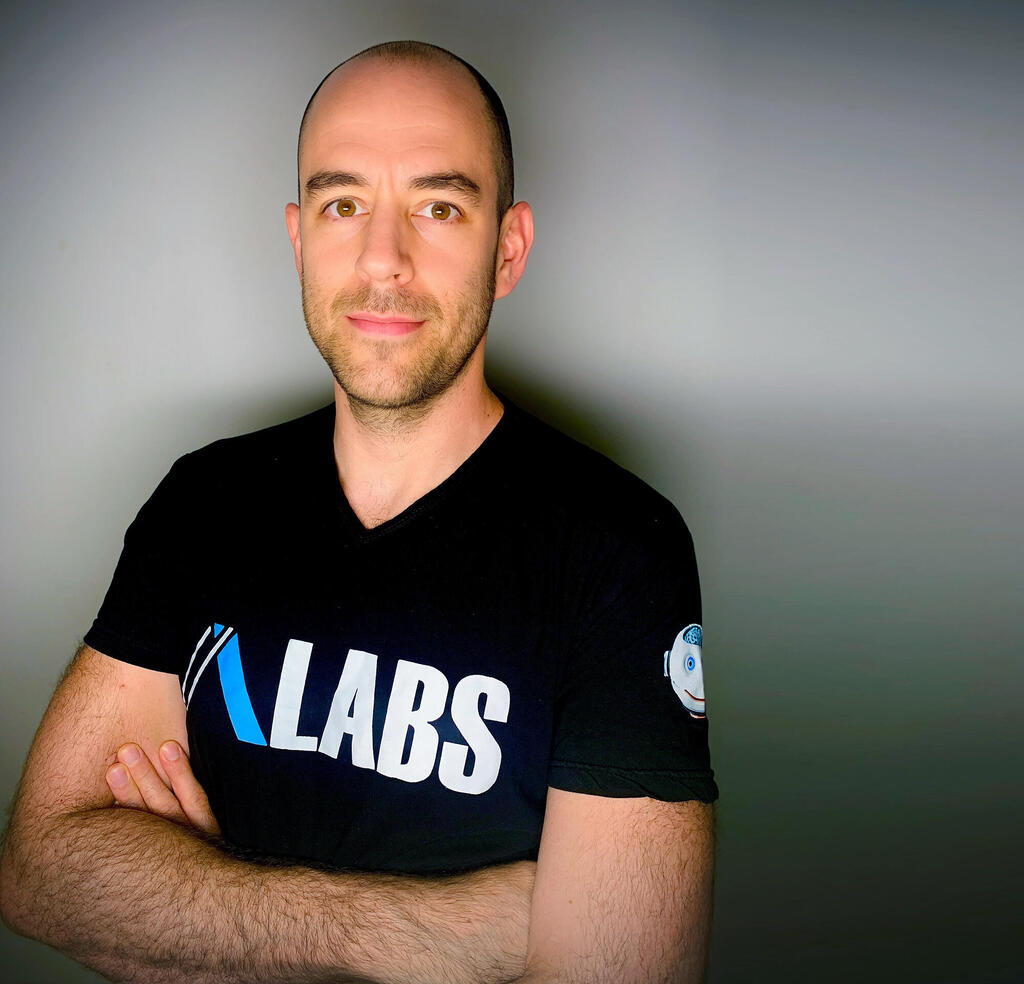
AI denial: Half of tech workers think the AI revolution will have little to no effect on their companies
Surprisingly, the employees who are at the forefront of technology and know how generative artificial intelligence works believe that it will not have an impact on the strategy of the organization they work for
The technological leap in the realm of artificial intelligence is poised to reshape the job market comprehensively. Certain projections hint at the potential loss of hundreds of millions of jobs, underscoring the transformation of professions and the need for swift and strategic adaptations by organizations to ensure their survival. Curiously, despite being at the forefront of technology, high-tech employees seem to underestimate the scale of this change. A mere 51% of workers in the tech sector believe that the rapid advancements in AI have minimal or no influence on their company's strategies. This data originates from Alignment Labs, a technology startup collecting unique insights into the high-tech industry's trends.
A scant 10% perceive a significant impact from artificial intelligence, and a mere 2% consider it central to their strategy. Notably, individuals in management positions tend to better comprehend AI's implications. Distinctions emerge between those in technical and non-technical roles. Employees in less technical positions such as Operations, QA, or Customer Success predominantly report negligible impact. Responses from developers fluctuate based on their specific roles. Algorithm engineers appear less concerned about the impact compared to Full Stack developers who regard these technological advancements as notably influential.
Alon Blum, Co-founder and CPO at Alignment Labs, notes, "The sense of security among technology workers, even an innocent one, isn't surprising. We witnessed a similar pattern in the tech industry during the economic crisis and market bubble burst. After the crisis, tech workers, especially the youth who hadn't experienced a crisis before, remained complacent. Our data indicated that 82% of the workers in the industry believed the economic situation wouldn't affect them or their companies, right before widespread layoffs."
Blum suggests that managers are likely more exposed to strategic discussions, enhancing their understanding of the technological leap's consequences. He highlights, "Although certain companies might remain untouched by AI's impact on strategy, many employees remain complacent. They perceive it as distant, irrelevant for now. In reality, hardly any company dealing with deep tech remains unimpacted by AI strategically. This complacency is irrational." He adds, "Oddly, tech-savvy individuals adopt new tools less because they grasp how they work."
In other industries, the situation isn't much better. A Salesforce survey of over 4,000 employees globally reveals that 56% believe generative AI will fundamentally change their jobs, and 62% anticipate that these tools will demand different skill sets. Employees anticipate that generative AI will enable them to focus on strategic tasks and save time. 65% believe it will permit concentration on strategic work, potentially saving five weekly work hours—equivalent to a month annually for full-time staff.
The latent potential of AI tools remains largely untapped. While 54% of workers believe generative AI will propel their careers forward, 62% admit to lacking the skills required for effective and safe technology utilization. Moreover, the survey underscores a gap between employee aspirations to learn and their companies' provision of skill improvement opportunities.
Approximately 40% of workers express uncertainty about effectively employing generative AI at work. 43% admit lacking knowledge about leveraging generative AI with trusted data sources while upholding first-party data security. Furthermore, 53% struggle to maximize the potential of generative AI. Most managers (70%) share the sentiment that employees lack the necessary skills for effective and secure generative AI use.
From an employer perspective, managers perceive tangible advantages in bridging the AI skills gap for organizational cost savings. A significant 82% believe that generative AI will lower overall business expenses, while 80% assert that it will contribute to revenue growth.
"Generative artificial intelligence offers significant opportunities for both organizations and employees. As it becomes increasingly recognized and discussed as a powerful tool within the workplace, the skills gap is likely to widen," states Illy Ben Haim, Human Resources Director at Salesforce Israel. "Today, companies bear the responsibility of furnishing the essential tools and strategies to facilitate swift adaptation. Organizations need to adjust to this new capability by defining their trajectory and establishing a learning framework equipped to manage perceptual shifts and employee cognitive patterns. (How can artificial intelligence capabilities be integrated into roles without rendering them obsolete? What skills can be cultivated in the era of artificial intelligence to support ongoing personal development?) Furthermore, they must establish clarity concerning evolving roles in the age of artificial intelligence applications."
















